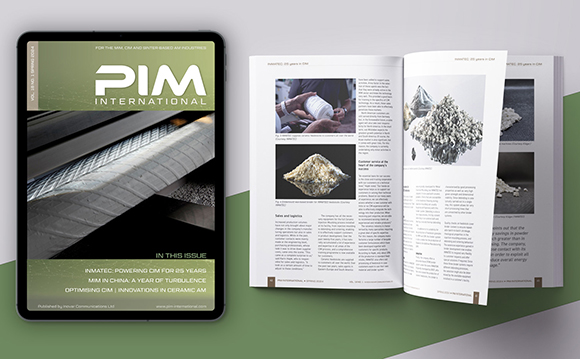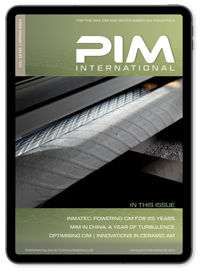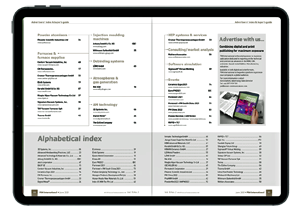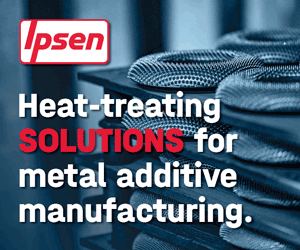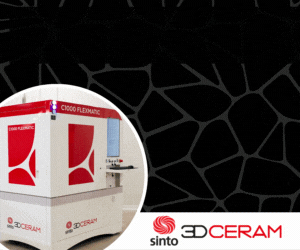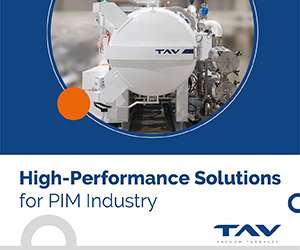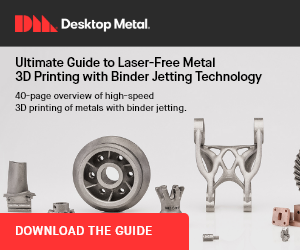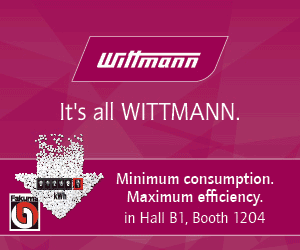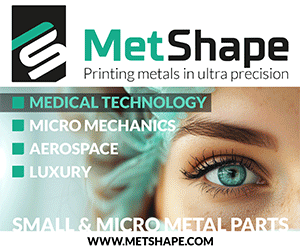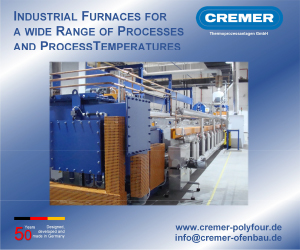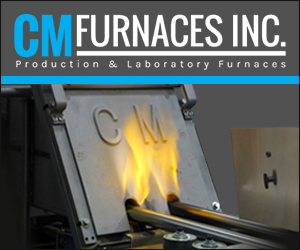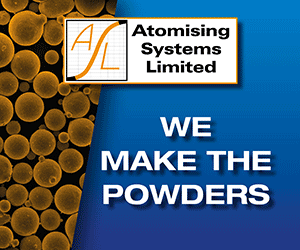Phillips-Medisize celebrates MIM component award
July 25, 2017
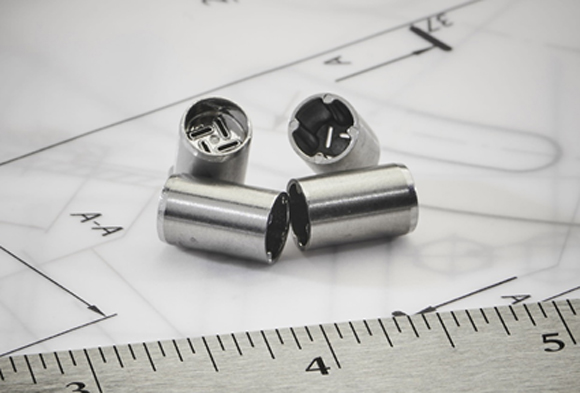
Phillips-Medisize Corporation, along with its customer Delphi, received an MPIF Grand Prize for these Metal Injection Moulded four-slot fuel valve seat parts
In June this year Phillips-Medisize Corporation, along with its customer Delphi, received the 2017 Metal Powder Industries Federation (MPIF) Grand Prize Award in the Automotive Engine category for its Metal Injection Moulded four-slot fuel valve seat part.
This part is used in the Multec3.5 compressed natural gas (CNG) fuel injector, which can be found in several small-engine and automotive applications, including aftermarket CNG conversions for trucks and cars, and aims to help contribute to a reduction in greenhouse-gas emissions.
“We are honoured to accept this award with Delphi. The customer was responding to the market’s need for a low cost, low pressure, port fuel injection (PFI) injector and our MIM technology made it possible,” commented Matt Jennings, Phillips-Medisize Chairman and CEO. “Awards like this, along with our continued growth, support our commitment to expanding our Menomonie, Wisconsin facility last year.”
“Phillips-Medisize was a key supplier development partner for the Delphi CNG injector and we were pleased with their technical expertise and manufacturing capability. This enabled us to produce a key injector component that met our design vision and performance expectations,” stated Geoffrey Scott, Engineering Manager, Delphi.
Bill Welch, Phillips-Medisize’s Chief Technology Officer, explained, “Our MIM technology allowed for a complex seat design that could be net-shape fabricated, while eliminating the need for expensive secondary machining. It also provided additional benefits, such as moulding intricate lip edge features, stainless steel material and seat sealing features that are uniform and consistent.”
“Without MIM, the part would have had to be completely redesigned. There is no other way to achieve the lip seal surface and the cost of a multiple piece assembly/entire fuel injector would have been exponentially higher.”
Phillips-Medisize’s 4650 m2 (50,000 ft2) MIM facility houses four continuous debinding and sintering furnaces, multiple batch furnaces and dedicated moulding equipment, as well as a fully staffed and equipped metallurgical laboratory. The company states that it is common for MIM to produce parts at 50% less than the cost of CNC machining or investment casting.
At the same time, stated Phillips, the true value of MIM comes from its ability to produce parts with complex shapes, superior strength and excellent surface finish in combination with low- to high-volume manufacturing capability.
With more than twenty years of experience in the MIM technology, Phillips-Medisize reports that it produces parts from a variety of materials, without the need for machining, for nearly every market.




